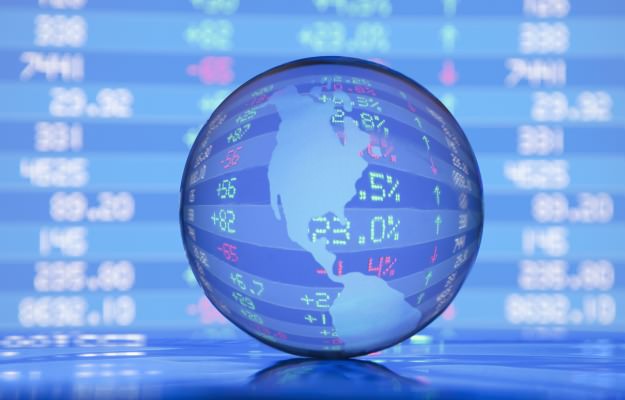Don’t be Fooled: Inflation’s Effect on the Economy Trumps Public Policy
An Integral Aspect of the Global Economy
By Jaron Serven, staff writer
People are often lead to believe that politicians need to come up with policies that curb taxes on the middle class and find ways to increase buyer spending. While public policy is a factor in the strength and well-being of the economy, it isn’t the only one, or even the most important.
What people don’t realize is that it’s the numbers that matter, and the people who run the numbers are the banks.
One of the largest factors in the global economy, something rarely mentioned in discussions on the issue of the Great Recession, is the inflation rate, which has a direct effect on what the banks do.
For those of us entering the workforce, it’s important to have knowledge that goes beyond mere public policy. If we are to break the cycle of global economic stagnation–and it is our responsibility to future generations to do so–then we must have all the facts.
Generally, inflation is the rate at which the prices of goods in an economy rise. While there is no set standard, the general rule of thumb is that a rate of 2 per cent is a good one to maintain in developed countries like Canada and the United States.
Currently, inflation in most developed countries is lower than average. While most of us know the side-effects of high inflation–we all remember the famous “wheelbarrow full of Deutschmarks for a loaf of bread” scenario–we might be fuzzy on the effects of low inflation.[pullquote]Lower inflation raises the value of currency. This is great when you’re buying something overseas, but at home it means you are starting to pay more money on things of less value. [/pullquote]
Lower inflation raises the value of currency. This is great when you’re buying something overseas, but at home it means you are starting to pay more money on things of less value.
Once this starts happening, people start putting off paying what they owe, banks stop lending, hiring freezes.
Take a look at Japan, where for twenty years the inflation rates have been very low indeed, and the country has wallowed in economic stagnation during that whole time.
2013 was looking like a good year for the rest of us, with over half-a-million jobs added to the US economy, but compared to February, when 268,000 jobs were added, only 88,000 jobs were added in March.
This follows the trend of inflation in developed countries: the rate went down in March, and continued to go down through April.
Now, the United States’ Federal Reserve is actually increasing its bond-buying to circumvent the downturn in the inflation rate and keep us at the nominal 2 per cent rate.
But the rest of the developing world does have it slightly harder, with an overall world average of 4.2 per cent reported in 2012.
Developing countries are expected to have a higher rate of inflation, but if the global numbers reach too high–or if the disparity in rates between developed and developing countries grows too large–we may be facing larger economic problems in the future.
Jaron Serven is a freelance culture writer/editor working out of the Greater New York City Area. Follow him on Twitter @j_serv and check out his blog at www.jaronserven.com.






























Share the post "Don’t be Fooled: Inflation’s Effect on the Economy Trumps Public Policy"